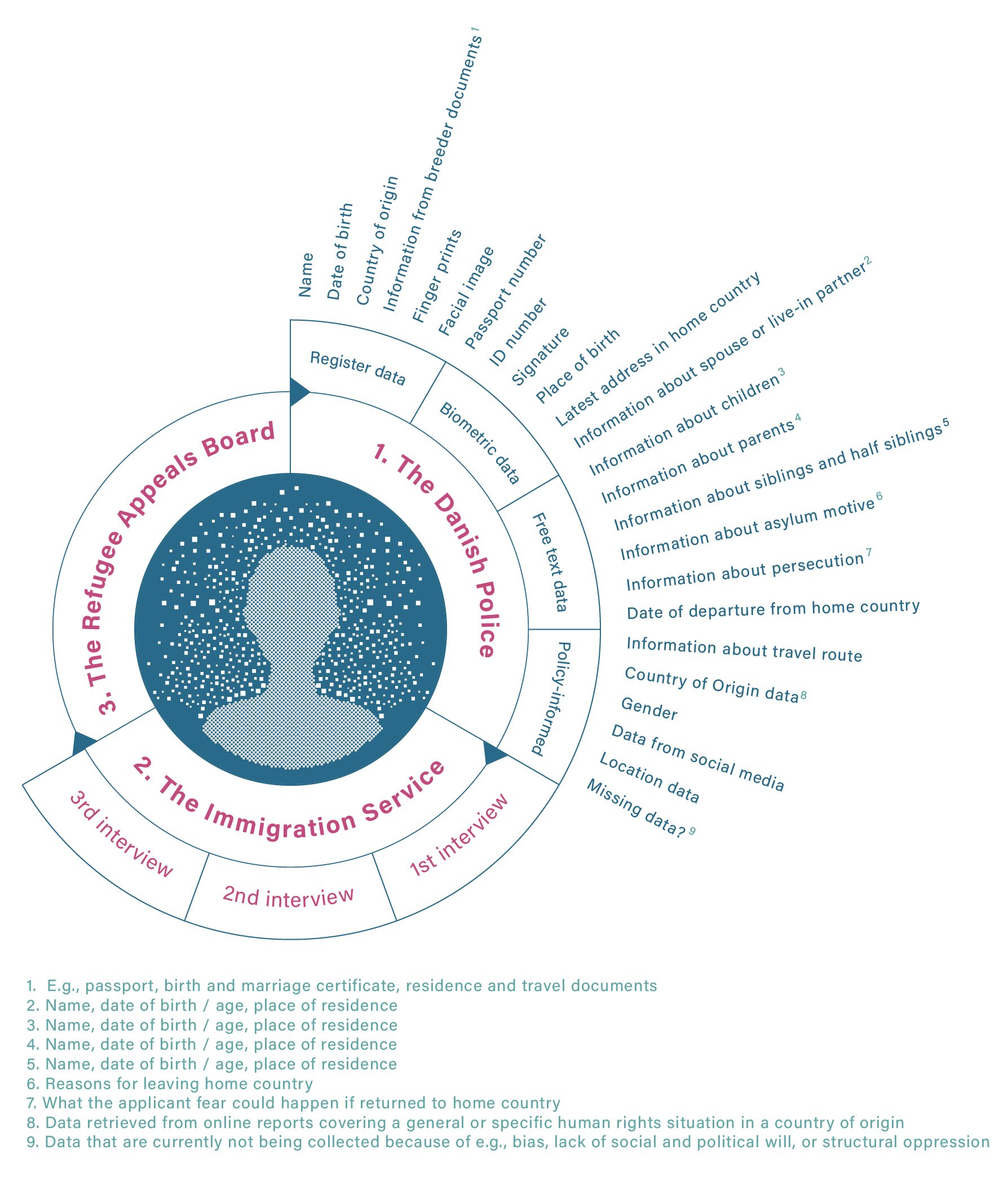
Archives & Counterdata
Biased and unpresentative datasets are one of the consequences incurring when people from dominant groups create most of our data products. Another effect could also be missing datasets. By exploring, collecting, systematizing, and analyzing counterdata - missing datasets that are not being collected because of e.g. bias, lack of social and political will, or structural oppression, we can find cultural indications of what is considered as important and what is not. This will not only allow us to see who benefits from – but also how bias and oppression might be baked into data practices and data products. Thus, collecting countadata can act as a way to explore the asymmetry between who is collecting, storing, and analyzing data, and whose data are collected, stored, and analyzed.
Copycats: the many lives of a publicly available medical imaging dataset
Authors: Amelia Jiménez-Sánchez, Natalia-Rozalia Avlona, Dovile Juodelyte, Théo Sourget, Caroline Vang-Larsen, Anna Rogers, Hubert Dariusz Zając, Veronika Cheplygina
Link to article
Deconstructing Gender in Asylum Categories: An Archival Perspective on a Practice with Limited Access
Authors: Kristin Kaltenhäuser, Tijs Slaats, Thomas Gammeltoft-Hansen, and Naja Holten Møller
Link to article
Data as a Lens for Understanding what Constitutes
Credibility in Asylum Decision-making
Authors: Trine Rask Nielsen & Naja Holten Møller
Link to article
Confronting Asylum Decision-making through Prototyping Sensemaking of Data and Participation
Authors: Trine Rask Nielsen, Panagiota Katsikouli, Anna Højberg Høgenhaug, William Hamilton Byrne, Thomas Gammeltoft-Hansen, Tijs Slaats, Henrik Palmer Olsen, Thomas Troels Hildebrandt, and Naja Holten Møller



